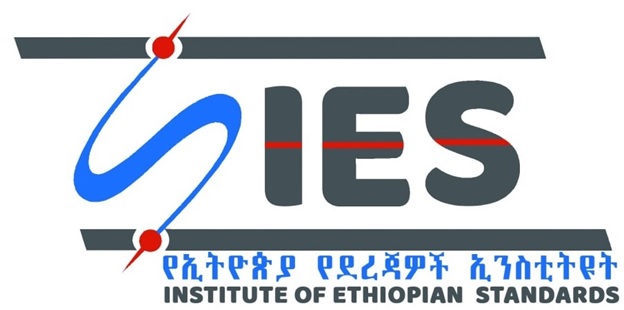
ADDIS ABABA – The Institute of Ethiopian Standards (IES) announced that new and revised standards are marking a significant step towards aligning with global practices.
IES’s Director General Meseret Bekele (PhD) briefed journalists yesterday that IES recently approved 34 important standards aimed at integrating the nation’s development goals and facilitating international trade.
Of the standards, 19 are new and 15 are revised, with 12 designated as compulsory, she explained.
She added that these strict standards address critical areas such as recreational facilities, youth centers, and health and shower houses to promote public hygiene and prevent communicable diseases.
Official standards for hospital accreditation ensure medical services meet global benchmarks, enhancing patient care, Meseret said. She added that these standards play a vital role in safeguarding safety, health, and environmental concerns while demonstrating Ethiopia’s preparation to join the World Trade Organization (WTO) by 2026.
The new standards help supply competent products that meet international norms, including heat-treated export meat targeted for BRICS nations, thereby enhancing bilateral trade relations, she stated.
According to her, some standards are revised due to technological advancements and to have specific implementation timelines, ensuring industries’ activeness and competitiveness.
The Institute’s Public Relations Director, Biruk Habte, further added that the approved standards focus on environmental health and safety, fertilizer usage, and export meat standards, which collectively contribute to improved trade facilitation and protection of human and animal health, thereby improving the quality of products and enhancing Ethiopia’s competitiveness in the global market.
Biruk noted that the standards also support industrial growth by enhancing product quality, promoting research, knowledge transfer, and technology adoption.
Currently, Ethiopia has 12,171 national standards in total, with 396 classified as compulsory, showcasing the country’s commitment to elevating quality, maintaining human health, and competitiveness in the global market.
BY MISGANAW ASNAKE
THE ETHIOPIAN HERALD SATURDAY 31 MAY 2025




